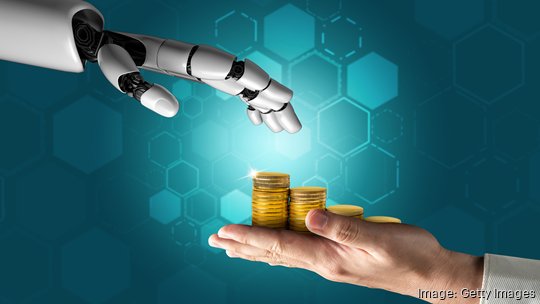
Software engineers who specialize in artificial intelligence are seeing a noticeable bump in pay compared to their coworkers who don't have AI skills.
Entry-level engineers who specialize in AI earn 8.6% more than their engineering teammates who don't work in AI, according to a recent report from Levels.fyi, a site that analyzes tech salaries. AI engineers who are a level higher than entry earn 11.2% more than non-AI engineers. Senior engineers earn 10.8% more.
In March 2023, U.S. AI engineers earned a total median compensation of $268,000, according to Levels.fyi. By March 2024, that figure climbed to $300,600. Total compensation includes stock awards and bonuses, in addition to salary.
When looking at specific companies, some firms pay their AI engineers considerably more than non-AI engineers, according to Levels.fyi. Entry-level AI engineers make $239,000 at LinkedIn, while non-AI engineers make an average of $221,650.
In some cases, advancing further in a career only increases the pay gap. Senior AI engineers at self-driving car company Cruise and e-commerce giant Amazon make more than $50,000 per year than their non-AI counterparts, according to Levels.fyi.
When it comes to the best metro areas for AI engineering talent, the Bay Area offers the highest pay for AI-skilled techies, with a median total compensation of more than $318,000.
The top-paying firm for AI engineers is OpenAI, with a median total compensation of more than $900,000. The next highest-paying firms are Coupang, Airbnb, Chai Research, Cruise and Stripe.
Even as AI roles currently outpace non-AI engineering jobs, Levels.fyi notes the artificial-intelligence industry is still in its early days, and companies "may become more discerning in their hiring practices and compensation strategies" as the AI market matures.
"With a better understanding of the skills and qualifications required for AI roles, companies may adjust their compensation offers to align more closely with market standards, resulting in a narrower pay gap between AI and non-AI positions," the report said.



